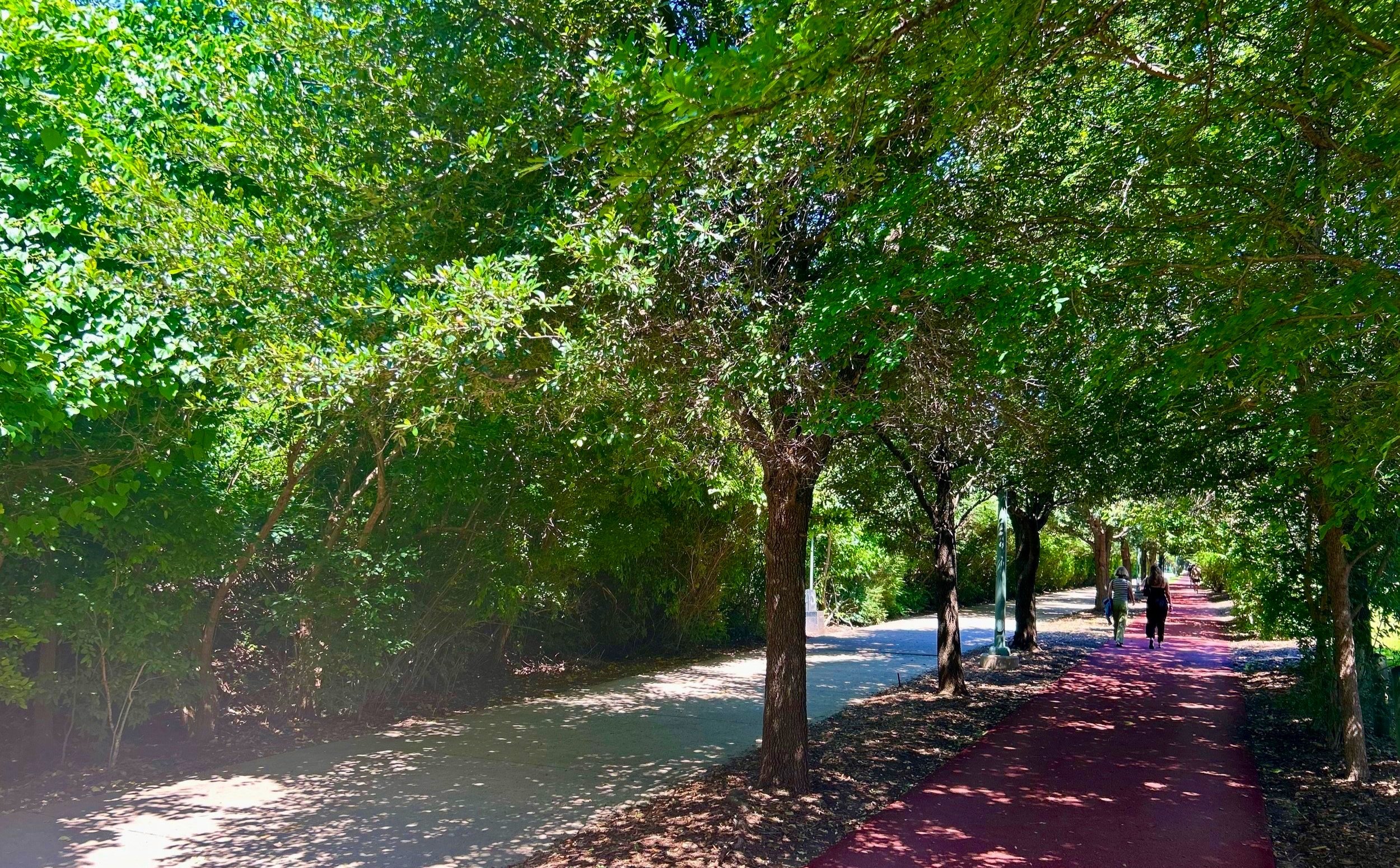
What is LifeTalk?
LifeTalk is a unique kind of child & adolescent life coaching founded by Master Certified Life Coach, Hannah Curtis. Instead of taking place in a formal setting, LifeTalks happen on walking trails, park benches, coffee shops, back porches, living rooms, etc.
The goal is to create a comfortable environment for your child so they feel safe, relaxed, and able to verbalize how they truly feel. Parents can say all the right things, but that doesn’t mean a child listens. Oftentimes, the same information coming from a trusted source that isn’t a parent is more likely to be heard—and acted upon.
A life coach isn’t a therapist. Or a counselor. Or a doctor. A life coach is exactly what the term suggests: a person who specializes in developing the fundamentals children and teens need to lead a successful adult life.
Hannah’s bio can be found here.
How would my child benefit?
As the first digitally native generation, today’s adolescents are experiencing disturbing levels of depression and anxiety. They are frequently uncomfortable in social settings. Risk averse. Unhappy. It’s a topic that’s in the news almost daily.
A life coach can help pre-teens and teenagers navigate these common problems.
LifeTalk is a program designed to provide your child with the individual support they need to develop self-confidence and the life skills necessary to navigate the chaos of modern life.
And maybe, along the way, we will discover where their passions really lie.
Philosophy and approach
Coach Hannah has a Master’s in Education in addition to 15+ years of experience working with children of all ages. As a Master Certified Life Coach, Hannah’s passion is helping young people navigate life. Helping them come to terms with themselves, their family and friends, and the world they walk around in each day. The philosophy is simple. During LifeTalks, we explore three basic things:
Past - where you have been
Present - where you are now
Future - where you are going
LifeTalks assess reality and brainstorm options for successfully dealing with that reality. Goals are set and a plan for how to proceed is decided upon. And it all takes place in a positive light. Here’s an important point:
LifeTalks focus on what do you love? Not what do you loathe?
Over time, Coach Hannah seeks to develop a deeper understanding of the individual she’s walking beside and the topics they are struggling with and talking through. The goal is for your child to be better for the interaction. That the talking translates into a happier, better adjusted adolescent.
Pick a Talk,Walk or Zoom
In addition to an introductory discovery call, adolescent coaching sessions are offered via three distinct formats: LifeTalk, LifeWalk, and LifeZoom.
LifeTalk (at coach’s office or location of choice)
LifeTalk takes place at our Preston Center office space or an agreed upon location.
LifeTalk Office: located at 5944 Luther Lane, Suite 470, Dallas, TX 75225. The coach will buzz you in upon arrival.
Example alternate locations: A local cafe, bookstore, or coffee shop such as Ascension Coffee, Civil Pour Coffee, Half Price Books, Barnes & Noble Cafe, Halcyon, La Madeline, or Toasted Coffee + Kitchen.
LifeWalk (at nearby park or walking spot)
LifeWalk is a unique opportunity for the coach and client to meet at a local park, track, or safe outdoor space. Interacting outdoors comes with more stimuli than a quiet room or office. Plus, the benefits of sun exposure, fresh air, and movement far outweigh potential distractions and encourage healthy dialogue.
Example locations: Caruth Park, Germany Park, Williams Park, Klyde Warren Park, or SMU’s campus.
LifeZoom (virtual)
LifeZoom takes place via Zoom or Google Meet, the video-conferencing applications. The coach will send an invitation prior to each virtual session.
FAQ’s
-
A 60-90 minute session is recommended for the initial consultation. Follow-up sessions are typically 60-120 minutes depending on the client’s needs and goals. A complimentary 15-minute discovery call is available for new clients upon request.
-
Parents play an important role in the coaching process, and I welcome their involvement! However, for coaching to be most effective, sessions themselves are private to create a safe space for open and honest conversation. That said, I do check in with parents regularly to share general progress updates and address additional concerns.
-
Clients are usually between the age of 7-19 years old. However, contact the coach if you have a child in need of coaching who is outside of the above range.
-
Therapy is about the past — coaching is about the future. Therapy addresses trauma and diagnosable mental health concerns — coaching takes action to improve a young person’s life. One teen compared therapy and coaching like this: “My counselors gave me the same suggestions, but they never told me how. In coaching, I figure out my own solutions, based on my actual life.”
-
When coaching is embraced, parents report rapid shifts in their child’s communication, motivation, and happiness. Research studies show that in order for kids to create positive change, they need active listening, directional guidance, and personalized support to meet and exceed their goals.
-
Sessions typically begin on a weekly basis; however, clients have the flexibility to meet biweekly, monthly, or at any frequency that best suits their goals and scheduling needs.
-
The amount of time in coaching is unique to each individual client. The duration can be as short as six months or extend to several years, depending on the depth of the coach-client relationship, necessary support, and client investment.
-
At this time, LifeTalk Adolescent Life Coaching does not accept insurance and operates as an independent out-of-network provider.
-
LifeTalk is based in Dallas, Texas. Virtual sessions are available.
Testimonials
Let’s go!
Pick a Talk, Walk, or Zoom. Book Now →
